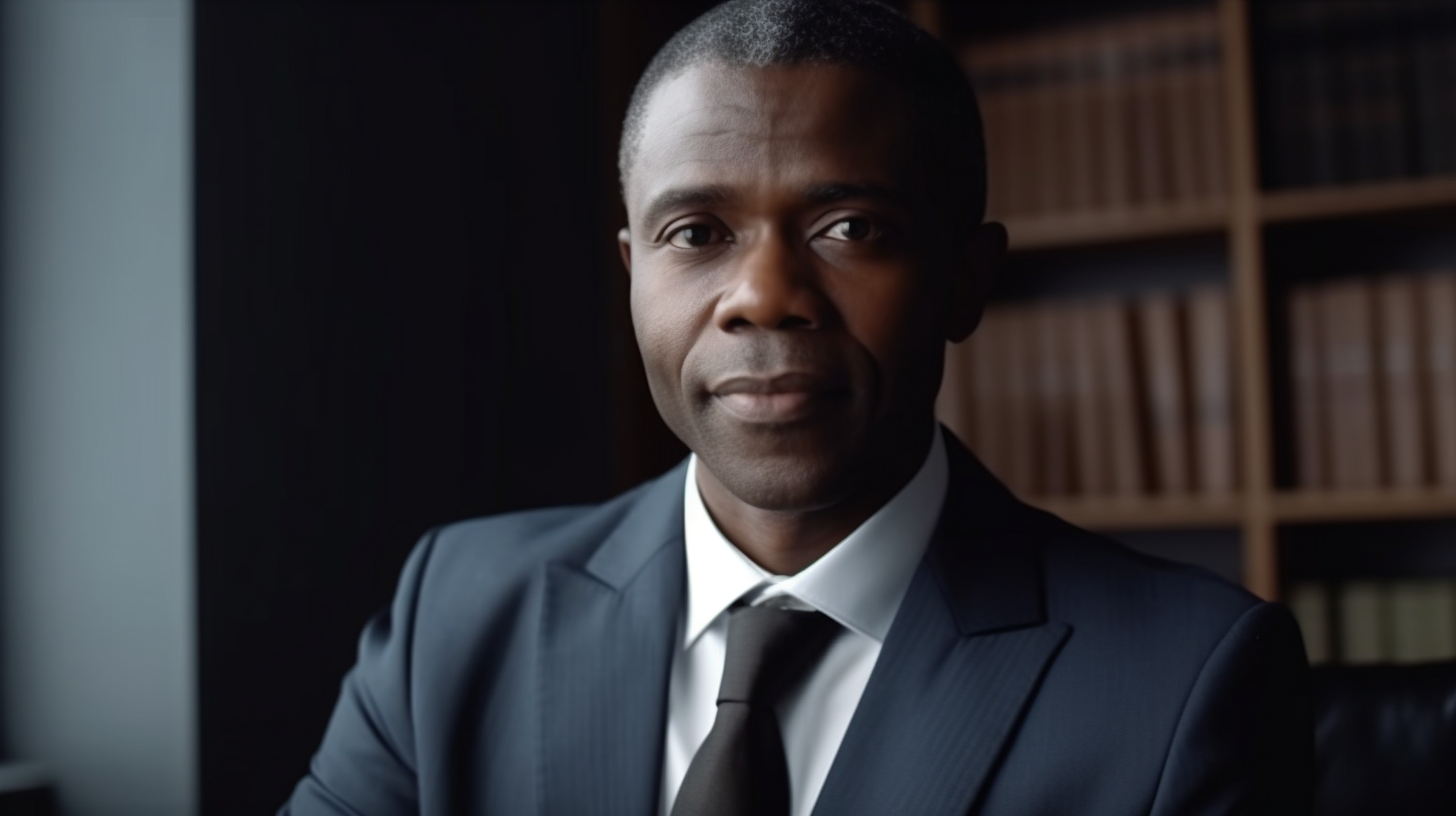Safeguarding Your Information: Our Top Priority

We employ robust encryption and stringent data protection measures to ensure your information remains private and secure. All your interactions and transactions are governed by our Terms of Service, Privacy, and Cookie Policies, demonstrating our unwavering commitment to your privacy and data protection.
Always remember, transparency about data handling and a commitment to security help to build trust with users.
Stay updated on the latest at AfricaJustice using :
The Quest for Justice: Unraveling Africa's Legal Systems for Equality and Empowerment
SHARE WITH FRIENDS
Exploring the Role and Impact of Africa's Legal Systems in Promoting Justice and Fairness
Africa's legal systems encompass a rich tapestry of legal traditions, influenced by both customary and modern laws. These systems are designed to establish a just and fair society, providing individuals with avenues to seek legal redress, protect their rights, and resolve disputes. The legal systems in Africa are shaped by historical, cultural, and social contexts, reflecting the continent's diversity.
The Impact of Africa's Legal Systems
One of the primary impacts of Africa's legal systems is their ability to uphold justice and fairness. These legal systems provide a framework for resolving conflicts, protecting individual rights, and promoting social cohesion. By ensuring the rule of law, Africa's legal systems contribute to the stability and development of nations, fostering trust in institutions and reinforcing the principles of justice.
Access to Justice and Legal Representation
Access to justice is a fundamental aspect of Africa's legal systems. It encompasses not only the availability and affordability of legal services but also the effectiveness of legal representation. Legal representation plays a crucial role in ensuring access to justice by providing individuals with the necessary expertise, guidance, and advocacy to navigate legal processes. It bridges the gap between the law and individuals, empowering them to assert their rights and seek legal remedies.
The Role of Customary and Modern Laws
Africa's legal systems often consist of a combination of customary and modern laws. Customary laws, rooted in tradition and cultural norms, provide a framework for resolving disputes within communities. They offer a localized approach to justice, considering community values and practices. Modern laws, on the other hand, are typically influenced by colonial legal systems and encompass statutory laws, constitutions, and international legal frameworks. The interaction between customary and modern laws creates a unique legal landscape in Africa, blending tradition with contemporary legal principles.
Ensuring Legal Rights and Protections
Africa's legal systems aim to protect and uphold the legal rights of individuals. These rights include civil, political, economic, and social rights. Legal systems provide mechanisms to address human rights violations, promote equality, and safeguard the dignity of every individual. They serve as a safeguard against discrimination, abuse, and the violation of fundamental freedoms.
The Importance of Legal Education and Capacity Building
Promoting legal education and capacity building is crucial for the development and effectiveness of Africa's legal systems. By investing in legal education and training, individuals can acquire the necessary knowledge and skills to navigate the legal landscape. Legal professionals play a pivotal role in providing quality legal representation, upholding the rule of law, and ensuring access to justice for all.
Enhancing Efficiency and Effectiveness
Efficiency and effectiveness are essential aspects of Africa's legal systems. By streamlining legal processes, reducing delays, and enhancing the efficiency of court systems, access to justice can be improved. Implementing technological advancements, alternative dispute resolution mechanisms, and legal reforms contribute to the effectiveness of legal systems in Africa. Efficient legal systems not only save time and resources but also instill confidence in the administration of justice.
Overcoming Challenges and Advancing Justice
Africa's legal systems face several challenges that hinder the realization of justice and fairness. These challenges include inadequate resources, corruption, limited access to legal services in rural areas, and gender inequalities. Addressing these challenges requires concerted efforts from governments, civil society organizations, and legal professionals. By strengthening institutions, promoting transparency, and ensuring equal access to legal representation, Africa's legal systems can advance justice and promote the rule of law.
Conclusion
Africa's legal systems are integral to fostering justice, fairness, and access to justice for all individuals. With their diverse legal frameworks, these systems aim to protect individual rights, resolve disputes, and promote social cohesion. By investing in legal education, enhancing efficiency, and overcoming challenges, Africa's legal systems can continue to evolve and uphold the principles of justice, ensuring that every individual has equal access to legal representation and a fair legal process.
FAQs
1. What are the challenges facing Africa's legal systems?
Africa's legal systems face challenges such as inadequate resources, corruption, limited access to legal services in rural areas, and gender inequalities. Addressing these challenges requires efforts to strengthen institutions, promote transparency, and ensure equal access to legal representation.
2. How do Africa's legal systems promote access to justice?
Africa's legal systems promote access to justice by providing avenues for legal redress, protecting individual rights, and ensuring the availability of legal representation. They aim to bridge the gap between the law and individuals, empowering them to seek legal remedies and assert their rights.
3. What is the role of customary laws in Africa's legal systems?
Customary laws, rooted in tradition and cultural norms, play a significant role in Africa's legal systems. They provide a framework for resolving disputes within communities, considering local customs and practices alongside modern legal principles.
4. How can Africa's legal systems enhance efficiency and effectiveness?
Africa's legal systems can enhance efficiency and effectiveness by streamlining legal processes, implementing technological advancements, promoting alternative dispute resolution mechanisms, and undertaking legal reforms. These efforts contribute to improved access to justice and a more effective administration of justice.
5. How does legal education contribute to Africa's legal systems?
Legal education plays a crucial role in the development and effectiveness of Africa's legal systems. By providing individuals with legal knowledge and skills, legal education empowers them to navigate the legal landscape, promote the rule of law, and provide quality legal representation.
SHARE WITH FRIENDS
Why risk more when you have a valid claim?
When it matters, get a seasoned lawyer who can get you the compensation you deserve.





